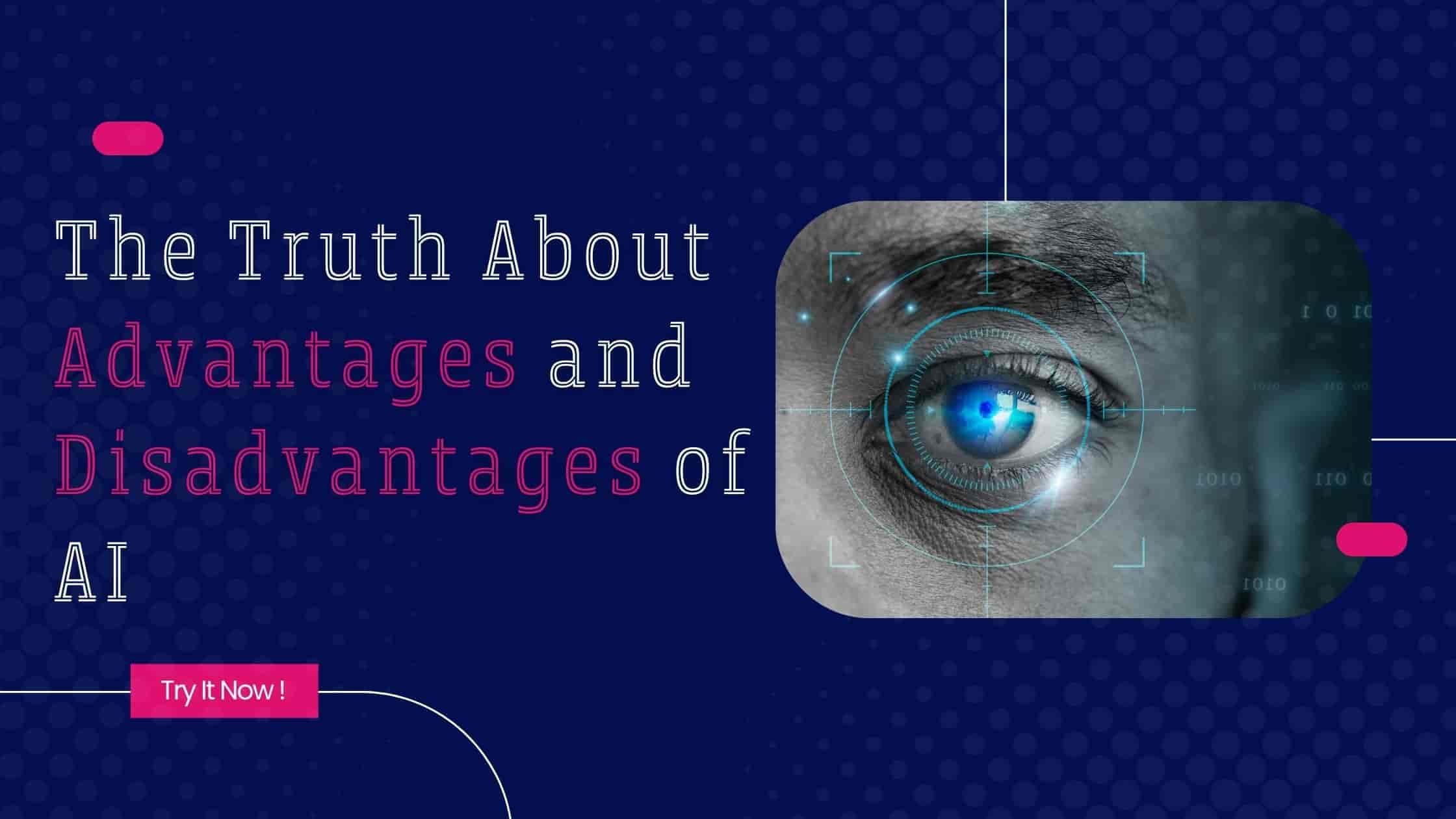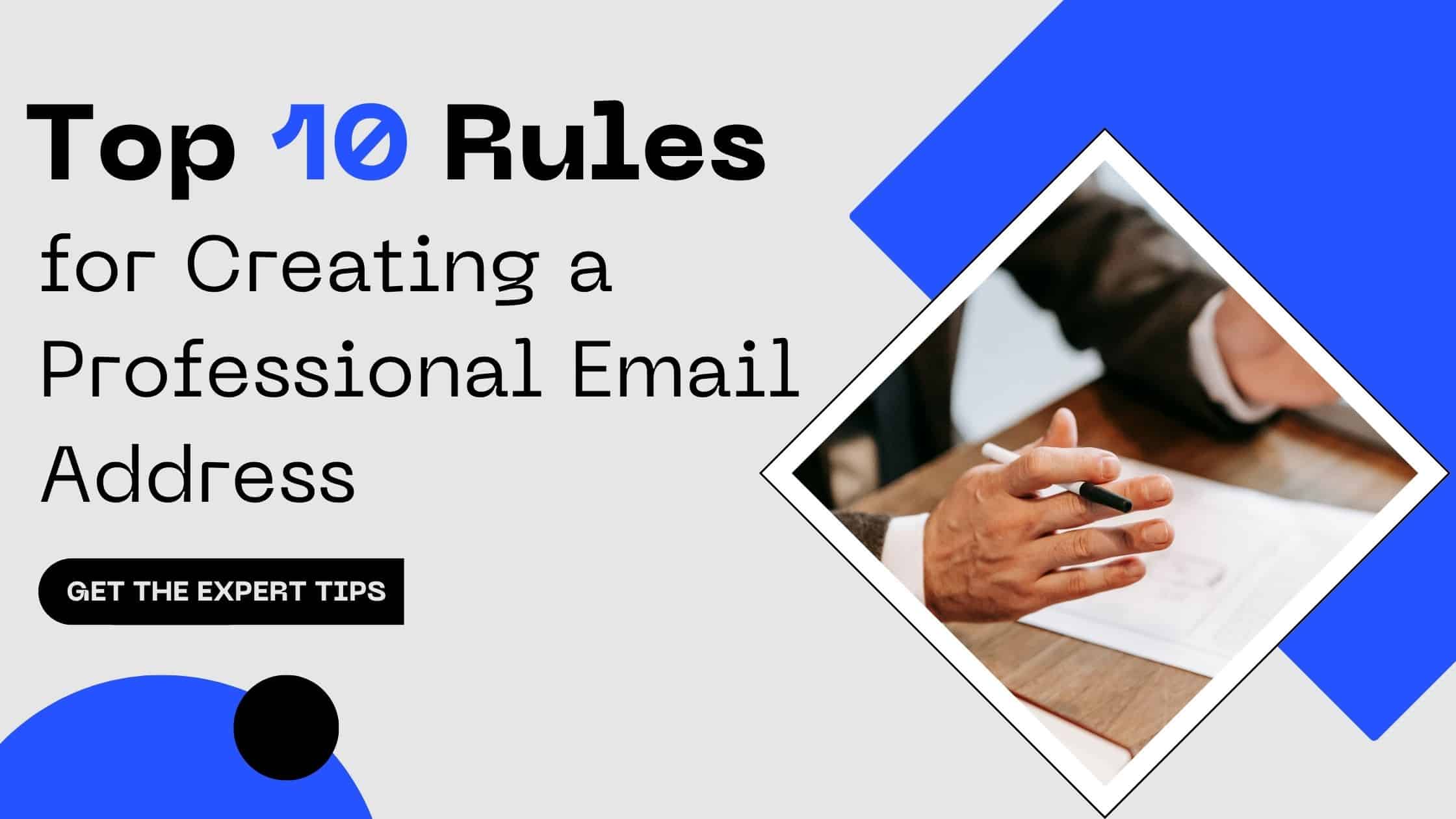AI is no longer an imagination or a hype, it is a reality. In other words, we must say that AI is everywhere. From predictive text on your smartphone or product recommendations based on your interests on an e-commerce platform, AI is taking the center stage all around.
If we specifically talk about the digital marketing industry, artificial intelligence (AI) is becoming one of the pillars of success. However, with the advent of AI, some experts are seeing it as a revolutionary technology, whereas some are raising concerns regarding its overuse.
So, what’s the real story? Is AI good, or bad?
In this post, we will see both sides of AI while trying to maintain a balance. Let us have a look at how AI will shape the digital marketing industry, along with its drawbacks.
What is Artificial Intelligence (AI)?
Before we talk about the advantages and disadvantages of AI, let us have a quick look at what this technology is. In simpler terms, AI refers to computer systems designed to mimic human intelligence.
That too with precision. These systems are designed to learn from data, recognize patterns, make valuable decisions, and generate content. All this is being made possible by machine learning algorithms and even other advanced codes.
It won’t be wrong to say that AI is making its mark everywhere, not just in the digital marketing industry.
What Are the Advantages of AI in Digital Marketing?
AI has taken the digital world by storm, in a good sense. Here are some of the key advantages of AI:
Efficiency and Automation
The introduction of artificial intelligence (AI) has improved human efficiency. It has taken over repetitive tasks that were usually boring for some people.
By automating such tasks, AI has improved work efficiency while giving humans time for more important, creative, and strategy-driven activities. Some of the activities that are automated by AI in digital marketing include:
- Email marketing flows
- A/B testing ad creatives
- Scheduling social media posts
- Audience segmentation
Hyper-Personalization
Hyper-personalization has improved lead generation and conversions for many businesses. In simpler words, we must say that hyper-personalization is the advanced form of personalization.
AI analyzes the user behavior on your website and identifies what could be best for you based on your interests. For example, have you ever noticed how Netflix gives recommendations of shows or movies that you might like to watch? This leads to higher engagement, improved conversion rates, and delivers a more meaningful customer journey.
Data-Driven Decisions
Digital marketers often extract valuable information from a large pool of data. AI helps turn that ocean of numbers into actionable insights. With predictive analytics, AI can forecast trends, consumer behavior, and even campaign performance, helping teams make smarter, faster decisions.
24/7 Customer Support with Chatbots
AI-powered chatbots are becoming the new frontline for customer service. They handle FAQs, provide recommendations, and even escalate complex issues to human agents, all without sleep.
For businesses, this means improved customer satisfaction and reduced operational costs.
Content Creation Assistance
Tools like AI writers and graphic generators are helping marketers draft blogs, captions, ad copy, and visuals. While not perfect, these tools serve as excellent starting points, speeding up the content creation process for writers while improving their efficiency.
What Are the Disadvantages of AI in Digital Marketing?
AI is undoubtedly exciting, but it is not without challenges. And as a responsible user, we must address them to ensure AI’s use to a good effect.
Lack of Human Touch
It doesn’t matter how advanced AI is, it is still a system that works on machine learning. Hence, it lacks empathy, emotional intelligence, and creativity.
Marketing is not just data and logic, it’s storytelling, connection, and feeling.
An AI-generated email might get the message across, but it may not be able to capture the brand’s voice, tone, or soul the way a skilled human copywriter can.
Job Displacement
One of the most serious concerns with AI is that it is replacing human jobs. While AI creates new roles in data science and machine learning, it can also lead to redundancy in traditional roles like copywriting, data entry, and customer service.
This brings up an important conversation about upskilling, reskilling, and finding the right balance between technology and the workforce.
Bias and Ethical Concerns
AI systems are only as good as the data they’re trained on. If that data is biased, the results can be skewed or discriminatory. From facial recognition issues to biased hiring algorithms, we’ve seen how AI can reinforce systemic problems rather than fix them.
In marketing, this could mean excluding certain audience groups unintentionally or personalizing in ways that feel inappropriate.
Dependency and De-Skilling
Over-reliance on AI can lead to a decay of critical skills. If we let AI make every decision, we may lose the ability to think creatively, test theories, or solve problems independently.
For marketers, this can be especially dangerous. AI can assist, but it shouldn’t replace thinking.
Privacy and Data Security
AI relies heavily on data. The more information you feed, the better results it will give. But that also opens the door to data breaches and privacy violations. Consumers are becoming more aware of how their data is used, and any misuse, intentional or not, can destroy brand trust overnight.
As digital marketers, it’s our responsibility to use AI ethically and prioritize data security.
Finding the Balance: Human + AI = The Future
So, should we embrace AI or fear it?
The answer is: neither.
The key lies in finding a healthy human-AI partnership. Use AI to handle the mechanical, data-heavy parts of marketing, while reserving creative strategy, brand storytelling, and emotional intelligence for human teams.
Here’s what that balance looks like:
- Use AI tools to draft blog ideas, but refine them with a human voice.
- Let AI segment your audience, but tailor campaigns based on empathy and real-world understanding.
- Employ chatbots to handle first-tier support, but keep humans for complex queries and emotional situations.
AI is to enhance your marketing, not replace the human behind it.
Final Thoughts: Embrace the Truth, Not the Hype
Artificial Intelligence is not magic. It’s a powerful tool; one that, if used responsibly, can elevate your digital marketing game to new heights.
But it’s not a shortcut. Real success comes from understanding your audience, building trust, and creating experiences that resonate on a human level.
At our digital marketing agency, we’re not just tech enthusiasts, we’re storytellers, strategists, and innovators. We believe in using AI to boost creativity, not bury it.




